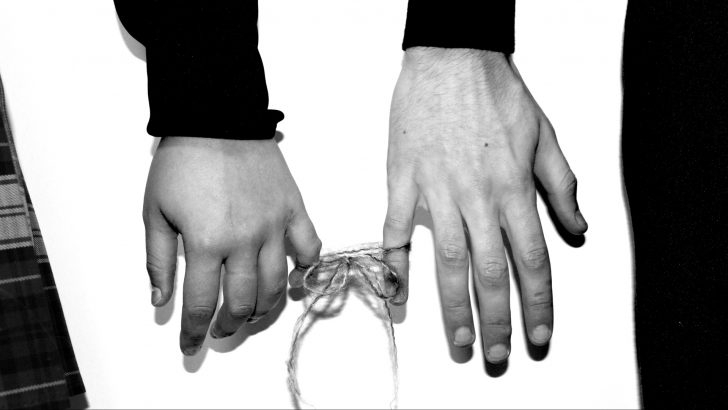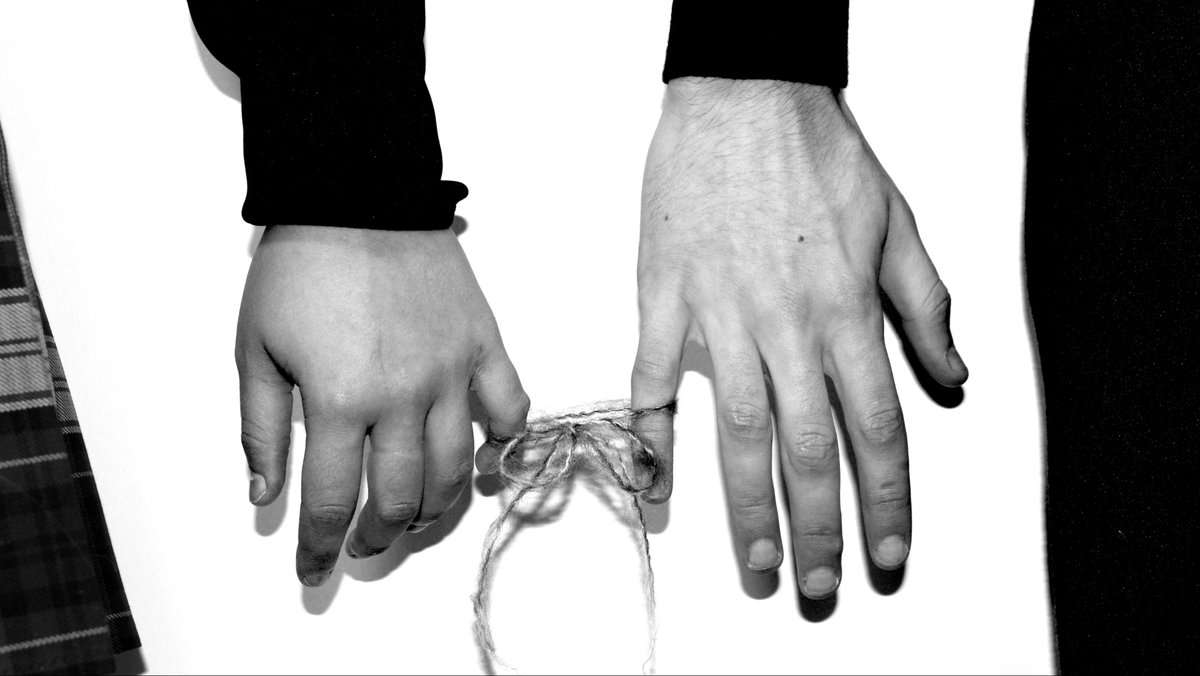Loyalty is a noble virtue; it keeps us rooted, connected, and committed. However, it can also turn into a sneaky trap.
Sometimes, we cling to people, routines, or beliefs because it feels safe and familiar.
The problem is that comfort zone can slowly turn into a cage, stopping us from stepping into our full potential.
Our nervous system gets conditioned to stick to what it knows, even if it’s not really good for us anymore.
The key isn’t to toss all loyalty out the window but to be aware of when it’s holding you back.
1. The Comfort Zone You Can’t Escape
Loyalty can become your mental and emotional comfort zone, even if it’s making you miserable.
When you’re deeply devoted to a situation or a person, your brain signals safety, and your nervous system gets used to that feeling.
Over time, it becomes an invisible wall that keeps you stuck in habits, beliefs, or relationships that no longer serve you.
It’s like wearing a warm, but tight sweater – it feels good at first, but over time, it can suffocate.
The more you cling to what’s familiar, the scarier the unknown becomes. Growth requires stepping out of that comfort zone.
2. Survival Instinct Mistaken for Loyalty
Our nervous system is wired to prioritize safety and survival above all else.
Sometimes, this manifests as loyalty to methods or routines that helped us go through tough times, even if they’re no longer necessary or healthy.
For instance, staying in an unfulfilling relationship because it feels familiar, or clinging to a dead-end job because you fear change.
These behaviors are rooted in your need to feel safe, not in true commitment or love.
When our survival instincts hijack our sense of loyalty, we might unconsciously sabotage our growth because we’re so focused on avoiding discomfort.
Recognizing this helps us break free from outdated patterns.
3. Staying Stuck in the Past
Loyalty to the past can keep you living in yesterday’s patterns instead of embracing today’s possibilities.
When you’re overly faithful to your old ways of thinking, beliefs, or relationships, you miss out on opportunities to grow.
Your mind clings to familiar narratives, even if they no longer serve you, because it’s easier to stay in what’s known than face the uncertainty of change.
This keeps you tethered to past pain, setbacks, または identities, robbing you of the chance to reinvent yourself.
The more you hold onto these old loyalties, the more you shrink your present and diminish your future potential.
4. When You Don’t Feel Alive
Loyalty that’s rooted in obligation or guilt can drain your energy and make you feel numb.
It’s like staying faithful to a routine or a relationship because you think it’s the “right” thing, rather than what truly lights you up.
Over time, this misplaced devotion can turn into a dull sense of obligation, making life feel flat.
You might find yourself going through the motions, feeling disconnected from your passions, and accepting less than you deserve.
True loyalty should energize you and make you feel alive – otherwise, it’s just a dead weight.
Recognizing when it’s draining your energy is key to reclaiming your zest for life.
5. Loss of Autonomy
When your loyalty is unconscious, you give away your power without even realizing it.
It’s easy to stay faithful to old habits, people, or beliefs simply because that’s what you’ve always done.
But this can rob you of your autonomy! You have the ability to decide and choose for yourself.
そうすればするほど operate on autopilot, the less connected you are to your true values and desires.
Self-awareness is the antidote. When you consciously choose your loyalties, you reclaim your independence and start living intentionally.
6. Why Old Loyalties Make You Shrink
Holding onto old loyalties often means shrinking yourself to fit into a past version of who you used to be.
It’s like wearing clothes that no longer fit you – uncomfortable, restrictive, and wrong.
You might stay faithful to your situation because it feels safe, but doing so shrinks your capacity to grow, learn, and experience new things.
It keeps you stuck in a limited version of yourself, afraid to expand beyond what’s known.
To truly grow, you need to recognize these outdated tendencies and gently let them go, making space for new empowering commitments.
7. No Shame, Just Choice
It’s important to remember that clinging to old loyalties isn’t a moral failure or a reason to judge yourself.
They’re part of your story, shaped by past experiences and needs. The key isn’t shame but awareness and choice.
You can honor your past commitments while consciously deciding what to keep and what to release.
By doing this, you give yourself permission to evolve.
Choosing new loyalties that serve your growth doesn’t mean abandoning everything from the past – it means making intentional decisions that align with who you want to become.
8. When Loyalty Becomes Sacred
Loyalty, when free from the chains of the past, becomes a sacred act of commitment to your growth and well-being.
It’s about choosing commitments that uplift, inspire, そして energize you – ones that help you become your best self.
Sacred devotion is about making mindful choices rooted in your present values.
When you consciously decide who and what to support, you create a foundation of integrity and authenticity.
It becomes a guiding principle, helping you navigate life’s changes with clarity and purpose.
Your loyalty should be an act of self-love, not a trap.
9. The Power of Choice
Loyalty isn’t inherently good or bad. It’s the unconsciousness behind it that’s the issue.
You always have a choice. Recognizing that you can choose which commitments to honor allows you to take back your power.
It’s about shifting from mindless attachment to intentional commitment.
This awareness opens up space for new, healthy loyalties that support your evolution.
Remember, it’s just a tool – it’s how you use it that determines if it’s a trap or a gift.
A little Aquarius, devoted to writing and embroidery. Through my writing, I hope to empower readers to align with their true selves and navigate life’s mysteries with confidence.










